Your blog’s target audience already exists. It’s the people who search for information related to your niche on Google.
Your job is to narrow this audience down by choosing a niche, such as “tennis”.
Then you need to solve every problem that someone interested in that niche might have.
I know this sounds confusing. So, let me show you what I mean and how it works.
Important!
These days people don’t read personal blogs.
Instead, a successful blog is a website that ranks high on Google for topics that people search.
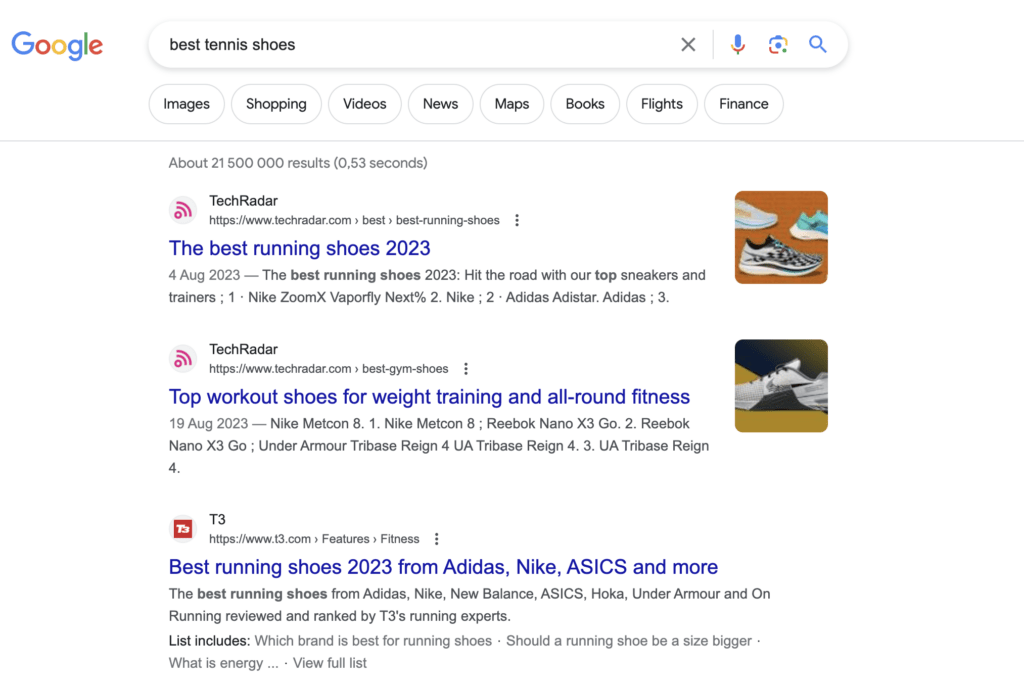
These are usually either:
- How-to guides (e.g. How to Measure Grip Strength)
- Product reviews (e.g. Bose NC 700 HP Review)
Any other form of blogging is pretty much dead these days.
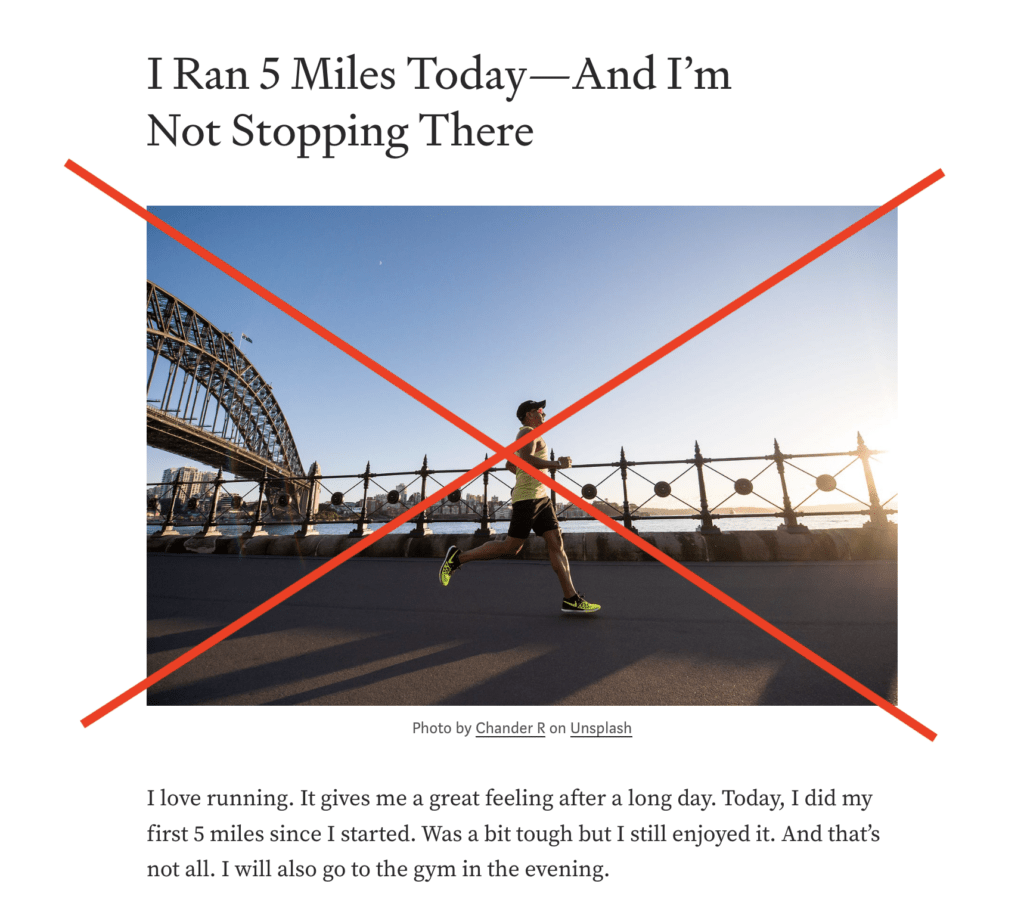
This observation is useful in the next sections.
Your Target Audience Exists
Your target audience already exists. It’s the people who use Google to find solutions to their problems within your niche.
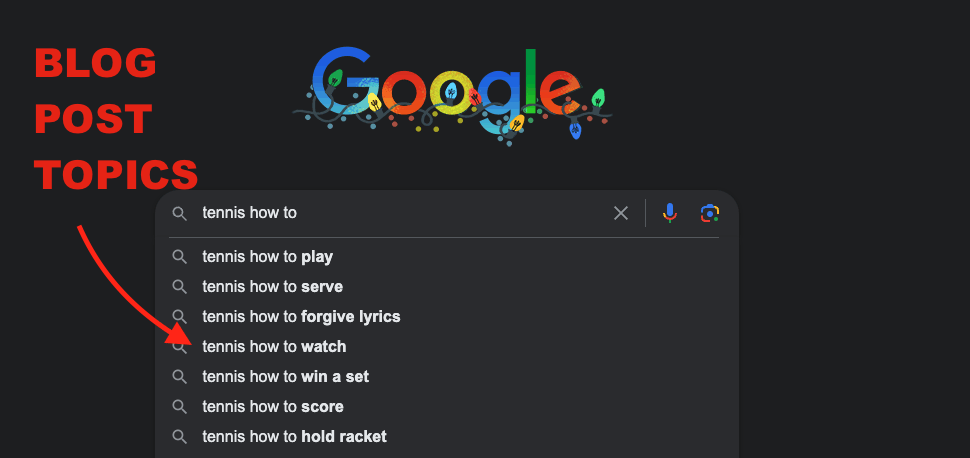
So you should choose a niche instead of worrying about a target audience.
How Do Blogs Work?
A blog’s main goal is to solve problems for people in a specific niche.
Yup—nothing like it used to be.
Before you write a blog post, you should not ask:
What does my target audience want to see today?
Instead, you should ask:
What problems do people in my niche Google up in the future?
So trying to “find your target audience” is technically not what you need. Instead, you want to “discover an in-demand niche where you can help”.
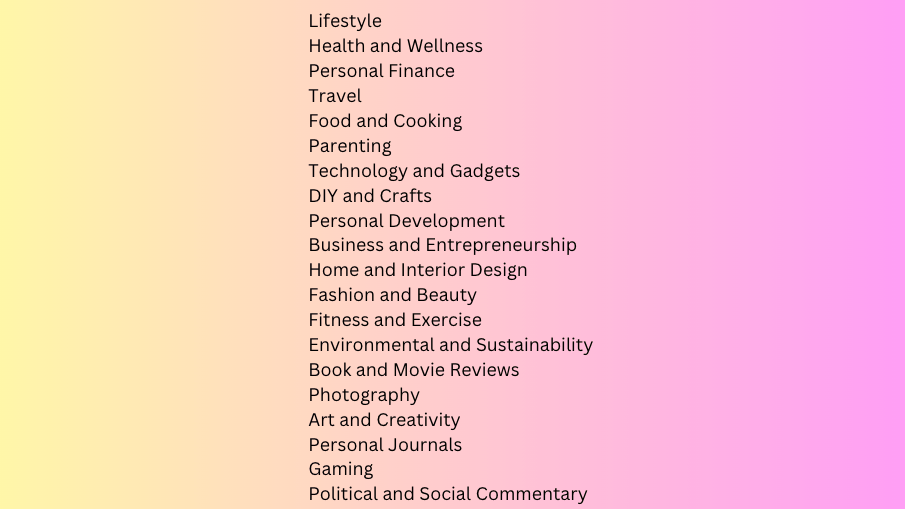
Blog Visitors Come from Google
Most blog readers originate from Google. This is because people read blogs to find information—not for entertainment.
Your blog visitors are thus old, young, enthusiasts, beginners, researchers, bots, and whatever you can imagine.
The only thing in common is that they used Google to find a solution to their problem.
That is your target audience—the people who want to find information on Google about a topic.
Realizing this saves you a lot of time. Instead of using paid tools, consults, SEO tactics, or other strategies to find your target audience, you already have one.
Now you just need to choose a niche carefully to narrow the audience down.
Confusing?
If you feel a bit confused, don’t worry. I will clear things up. 🙂
In blogging, it doesn’t matter what the “target audience” is.
Your blog post should always:
- Solve a problem
- Be the most informative post on the internet
Your post should be accessible to everybody interested. Not just for a specific target group.
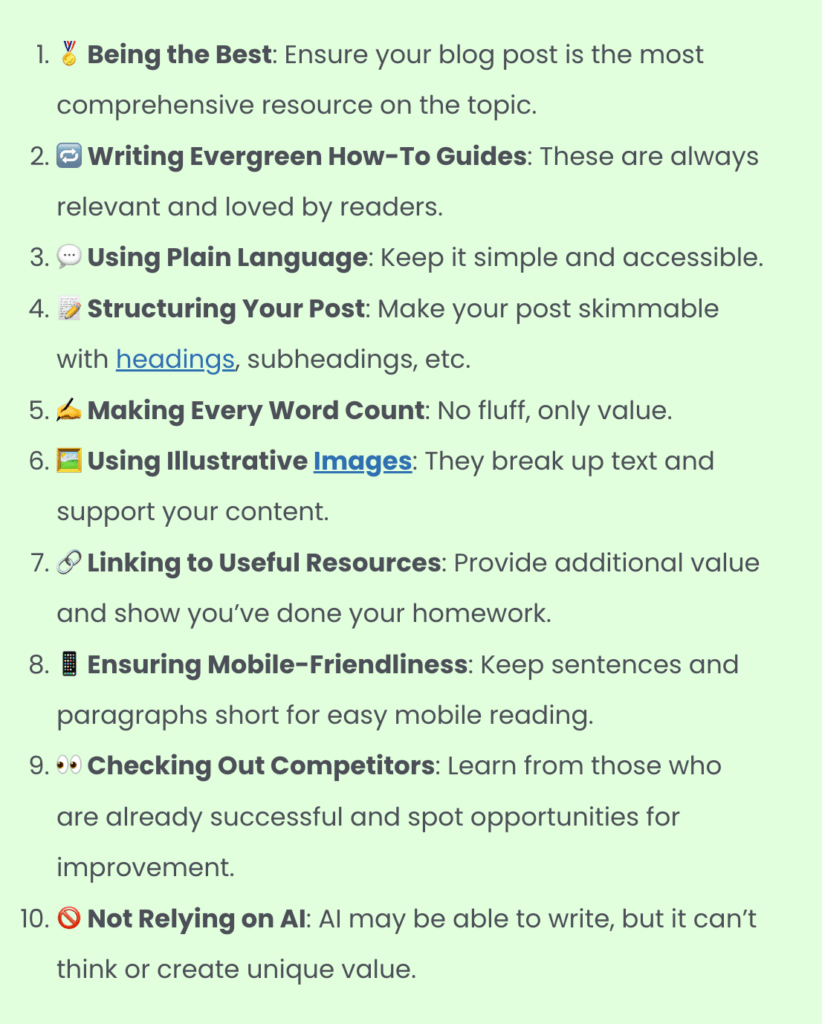
Think about a blog post on how to tie shoelaces.
The audience could be anything. Sports people, single, married, and so on.
The way you should write an informational post like this shouldn’t care about details like this. The information is the same regardless of the reader.
Your blog should have a clearly defined niche and every post should solve a problem for people in that niche.
Once you realize this, blogging becomes a lot easier. You’ll never run out of ideas. You can just use Google recommendations as your blog post topics.
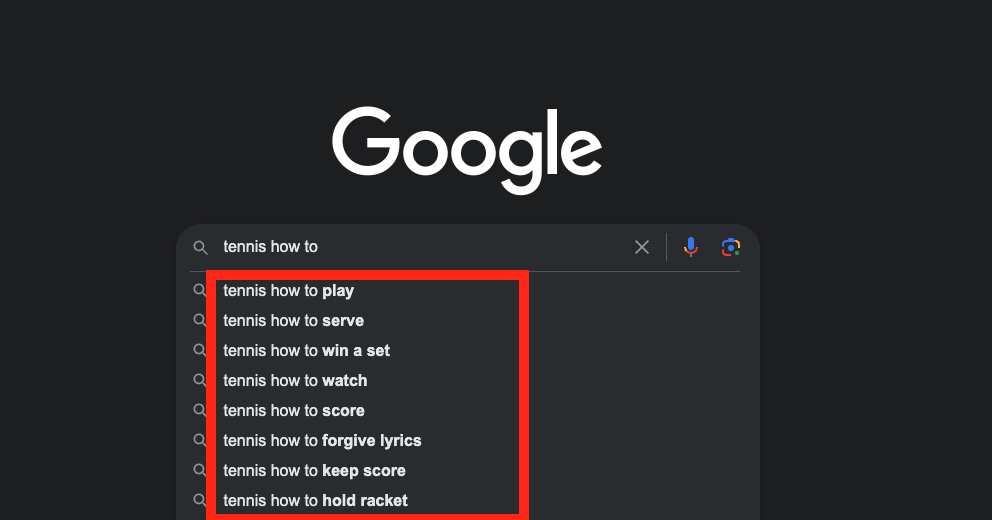
Choose a Niche First
To find your target audience, all you need to do is find a niche.
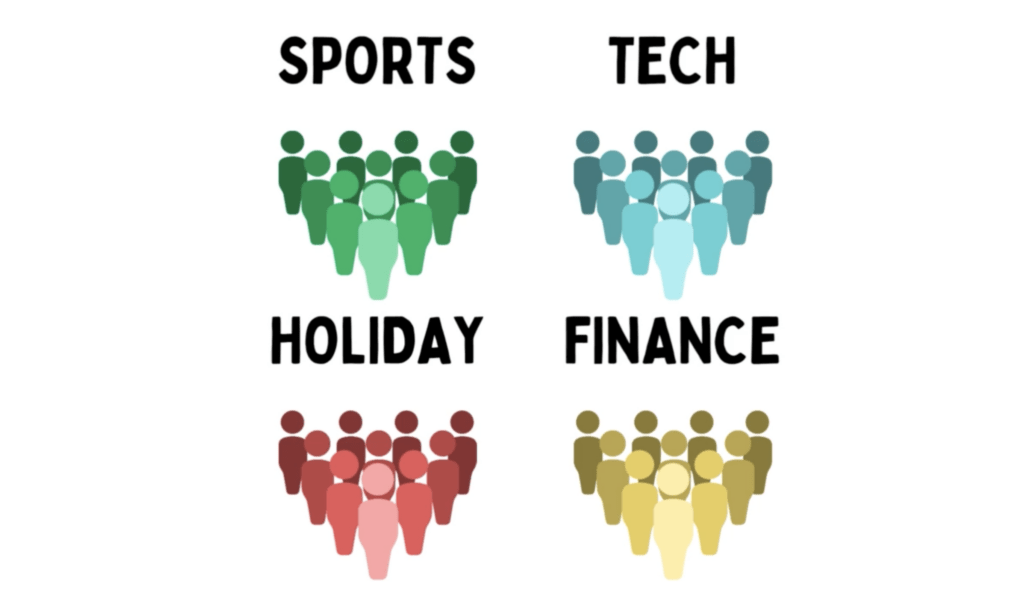
This is the topic of your blog.
Without a niche, Google doesn’t know what your site is about. Thus, it won’t rank it in the search results.
If you don’t have a niche, read this post before continuing.
Then, what you want to do is start writing blog posts about topics in that niche.
To best cater your content to your target audience, here are some ideas
Wrap Up
Your blog’s target audience is people who use Google.
To start a successful blog, there are only two main things you need to do:
- Choose a niche with demand. Read this post to learn how.
- Solve problems in that niche with blog posts. Read this post to learn how.
Any other strategy is meaningless today—unless you’re famous and have a huge following.
